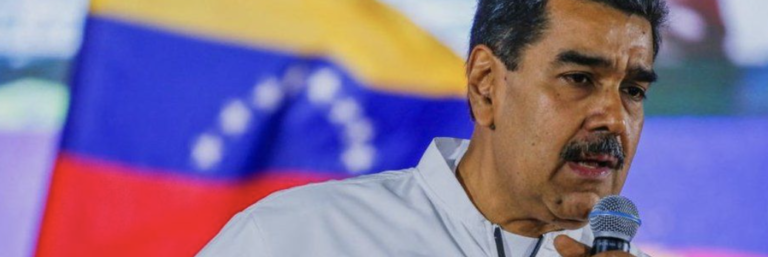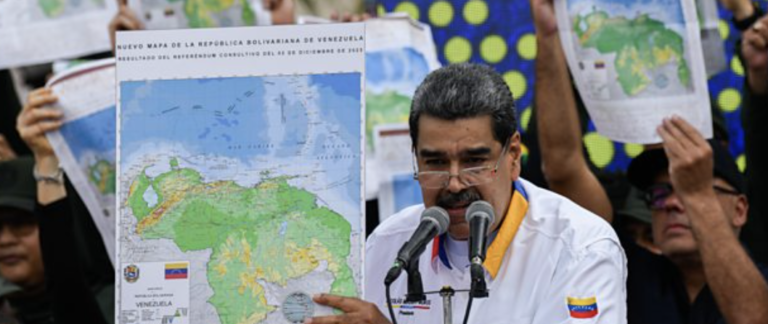Drug Cartels Expand Influence Across Latin America
Drug cartels have long been a pervasive issue in Latin America, with their influence spreading across borders and impacting communities throughout the region. In recent years, these criminal organizations have expanded their reach, posing a significant threat to the stability and security of countries in Latin America.
Rise of Drug Cartels in Latin America
The rise of drug cartels in Latin America can be traced back to the 1970s and 1980s when the demand for illegal drugs, particularly cocaine, began to increase in the United States and Europe. This demand created a lucrative market for drug trafficking, leading to the emergence of powerful cartels in countries such as Colombia, Mexico, and Peru.
Impact on Communities
The presence of drug cartels in Latin America has had devastating consequences for local communities. Violence, corruption, and instability have become widespread, with innocent civilians often caught in the crossfire. In Mexico, for example, the brutal tactics of cartels have led to thousands of deaths and disappearances, leaving a trail of destruction in their wake.
Expansion of Cartel Influence
Drug cartels in Latin America have not only expanded their operations within their own countries but have also extended their reach to other parts of the region. Countries such as Guatemala, Honduras, and El Salvador have seen a rise in cartel activity, leading to increased violence and insecurity.
Case Study: El Salvador
In El Salvador, the notorious MS-13 gang has established a strong presence, working in collaboration with drug cartels to traffic drugs and carry out criminal activities. This partnership has fueled a cycle of violence and instability, making El Salvador one of the most dangerous countries in the world.
Challenges in Combating Cartel Influence
Despite efforts by governments and law enforcement agencies to combat drug cartels, the challenges remain significant. Cartels often operate with impunity, using their vast resources to corrupt officials and intimidate those who stand in their way. The lack of effective governance and institutional capacity in many Latin American countries further complicates efforts to address the issue.
- Corruption within law enforcement and government institutions
- Lack of resources and training for combating organized crime
- Weakened rule of law and judicial systems
Summary
The expansion of drug cartels across Latin America poses a serious threat to the stability and security of the region. The rise of these criminal organizations has had devastating consequences for local communities, leading to violence, corruption, and instability. Efforts to combat cartel influence face significant challenges, including corruption, lack of resources, and weakened rule of law. Addressing these issues will require a coordinated and comprehensive approach involving governments, law enforcement agencies, and international partners.




























+ There are no comments
Add yours